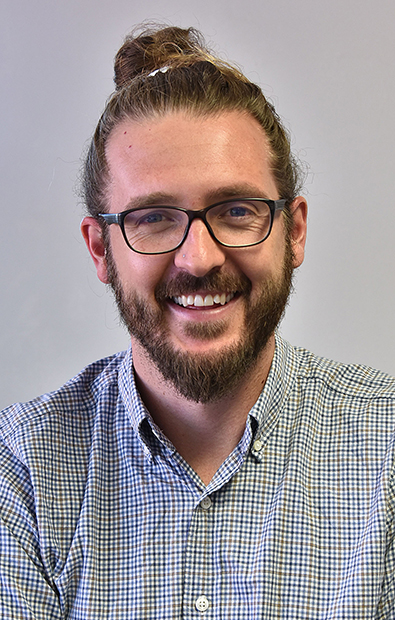Latest News Archive
Please select Category, Year, and then Month to display items
18 September 2018
Photo Hanno Otto
 The OSM Camerata is once again a winner, sharing the first prize in the Ictus International Music Competition with the Oklahoma State University.
The OSM Camerata is once again a winner, sharing the first prize in the Ictus International Music Competition with the Oklahoma State University.
If Einstein’s string theory had a musical undertone, one would think it is because of the sweet melodies of the Odeion School of Music Cameratas’ (OSMC) violins and cellos. It should therefore come as no surprise that OSMC won the 2018 International Ictus Music Competition, again. The ensemble has been paving the way to numerous successes since its inception in 2012.
This year, however, the OSMC is sharing the first prize with the Oklahoma State University Symphony Orchestra, under the direction of Dr Thomas Dickey. The OSMC’s competition recital for 2018 was conducted by principle conductor, Xavier Cloete. Acclaimed violist Elsabé Raath, joined the OSMC artistic team in 2017 as string clinician.
OSMC the jewel in crown
The OSMC is based at the Odeion School of Music (OSM) at the University of the Free State UFS) and was strategically founded as the OSM’s flagship ensemble with the main objective, creating a catalyst for excellence. “From a pedagogical perspective, it serves as a feasible incubator to nurture fully-rounded musicians who are thoroughly prepared for the demands of their trade as orchestral musicians, soloists and conductors,” said Marius Coetzee founder of the OSMC.
“Ms Raath also made her debut as conductor during the 2018 Ictus Music Competition where she conducted O Sacrum Convivium by Olivier Messiaen,” said Coetzee, founder of the OSMC. Elsabé was also conductor during the 2018 Ictus Music competition.
The OSMC’s concert programme for Ictus 2018 also consisted of works by Jacobus Gallus/Lance Phillip, Béla Bartók, Peteris Vasks/Keith Moss, as well as Johann Sebastian Bach.
Ictus an ideal platform
The Ictus International Music Competition is an online music competition for wind bands, orchestras and solo trumpet. It has been described by David Bilger of the Philadelphia Orchestra as “democratising music competitions”. Ictus was founded to make international music competitions more accessible though eliminating prohibitive travel costs, conference fees and visa issues. This was made possible through having the application and adjudication take place online only.
You can listen to OMSC Ictus submissions here:
Duo Seraphim Jabobus Gallus/Lance Phillip
Romanian Folk Dances/ Román népi táncok Béla Bartók
Kekatu Dziesma (Carnival Song) Peteris Vasks/Keith Moss
Newton Fellow at UFS focuses on land and labour
2017-10-28

Dr Rory Pilossof
Photo: Charl Devenish
Dr Rory Pilossof is a senior lecturer in economics at the University of the Free State (UFS), a Postdoctoral Fellow at the International Studies Group at UFS, and a Research Fellow at the University of Kent in the UK.
He became interested in his research field when he studied land reform and land issues in Zimbabwe for his PhD at the University of Sheffield. From there, his research interests have expanded to look at other issues connected to land, such as whiteness and labour.
Dr Pilossof's study field links up with the important issue of land reform in Southern Africa due to its past colonialism and post-colonial politics of land and land ownership. These intersect with a wide range of labour issues that are pressing in the region. He has a keen interest in elite transitions and changes in economic structure in Southern Africa since the 1960s.
Dr Pilossof was nominated to the South African Young Academy of Science in 2017, and received an NRF Y1 rating during 2017. He is also a member of the Amsterdam-based International Institute for Social History’s ‘Global Collaboratory on the History of Labour Relations’. He is a participant in the Leverhulme Trust-funded initiative ‘Comparative History of Political Engagement in Western and African Societies Programme’ at the University of Sheffield.
Dr Pilossof's primary research focuses on issues of land, labour and changing social and economic structures in Zimbabwe and South Africa. He is also interested in finding alternative ways of looking at change. To this end, he has studied various newspapers and periodicals in the region.
Currently, he spends most of his research time as part of a three-year British Academy-funded Advanced Newton Fellowship into labour relations and occupational structures. In future, he wants to expand his research in the labour field by looking at labour and migration in the region over the course of the 20th century.